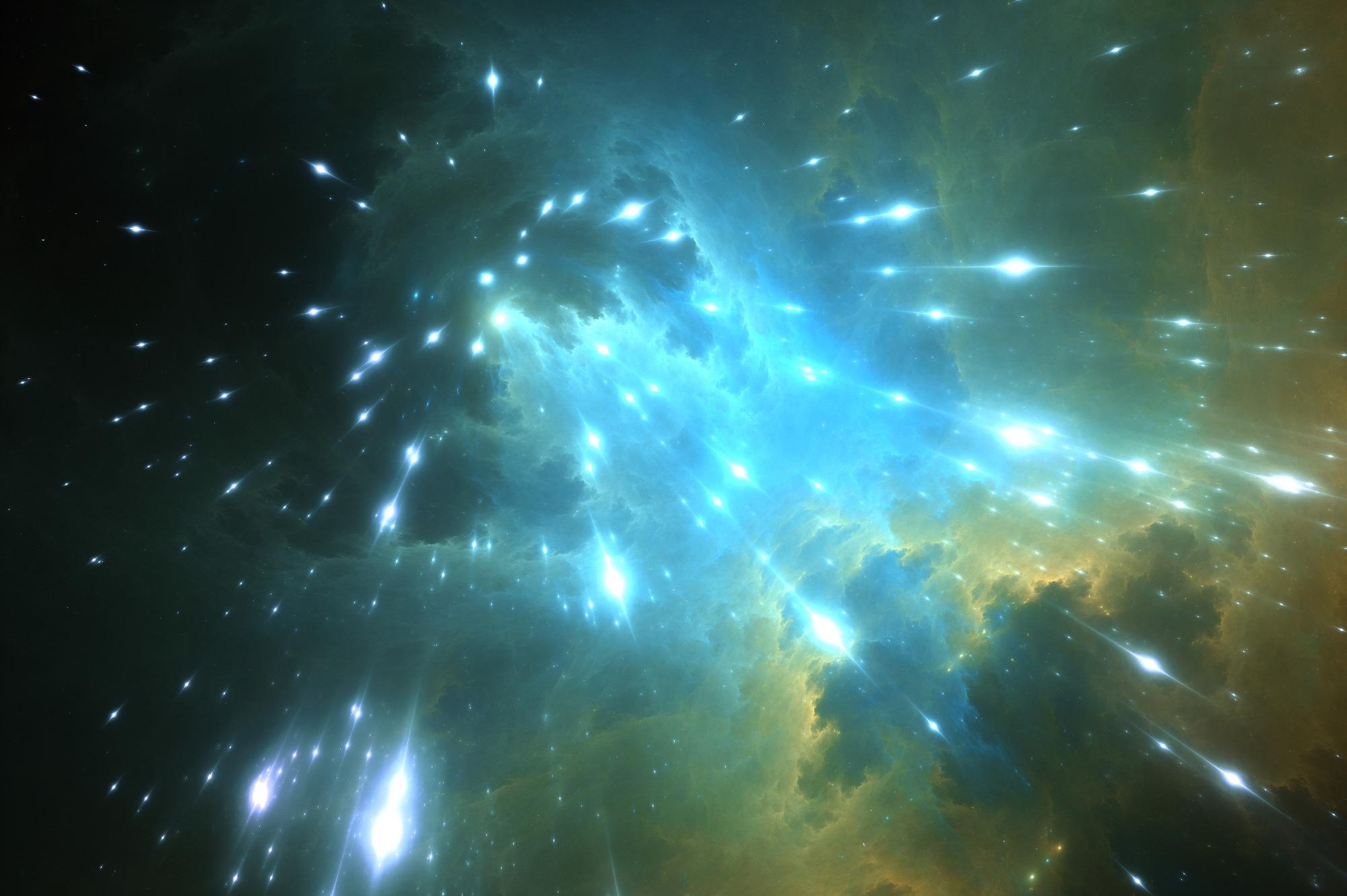The U.S. Department of Energy (DOE) recently announced a grant of $6 million for collaborative study in high energy physics involving major collaborations with Japanese investigators.

Image Credit: Shutterstock.com/Jurik Peter
The study is predicted to promote existing experiments or technology development of mutual interest to U.S.-Japan collaborations in particle physics.
Strong collaboration between scientists in the U.S. and Japan enables us to tackle challenging questions that deepen our understanding of the universe. This program builds on more than forty years of successful cooperative efforts between American and Japanese scientists that enable world-leading research and advance cutting-edge tools for science.
Jim Siegrist, Associate Director of Science for High Energy Physics
The collaboration of researchers from the United States and Japan has facilitated advances in some of the most difficult areas in high energy physics. By joining hands, the researchers investigate the universe at the largest and smallest scales, from the nature of space and time to the most elementary constituents of energy and matter.
The long record of U.S.-Japan collaboration includes various important milestones, for example, the contributions by Japanese collaborators on the Collider Detector at Fermilab experiment at the Fermilab Tevatron Collider for discovering the top quark in 1995.
Further studies will enhance the development of detector and accelerator technologies that will be advantageous to future studies on the Higgs boson, dark matter, neutrinos and other topics in high energy physics.
Studies funded under this initiative are expected to include experimental work at DOE’s Fermi National Accelerator Laboratory and at the Japan Proton Accelerator Research Complex (J-PARC) in Japan, together with the research on rare particles synthesized at the SuperKEKB collider at the High Energy Accelerator Research Organization (KEK) in Japan.
The applications will be freely available to DOE national laboratories as lead institutions, with prospective sub-awards to industry, universities and nonprofit institutions. The target of each U.S.-Japan collaboration is to make its Japanese Principal Investigators apply to a coordinated call by KEK for support in the collaborative activity.
The total financial support from DOE is anticipated to be roughly $6 million for awards lasting up to three years, with the support contingent on congressional appropriations.